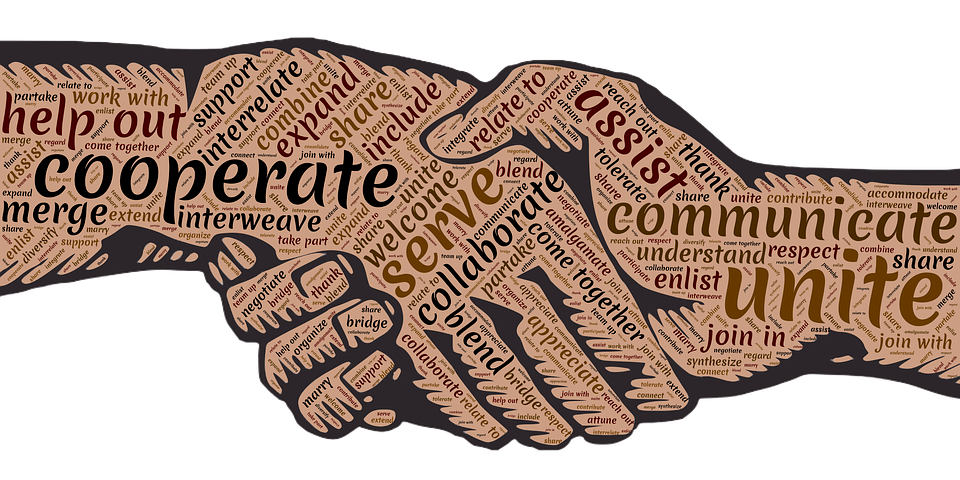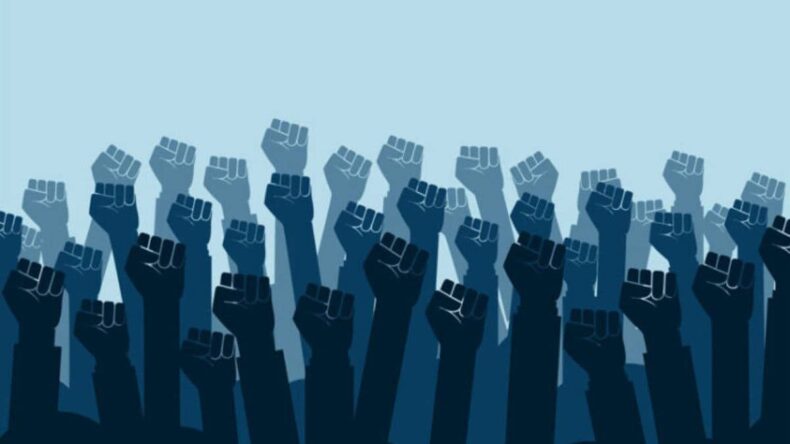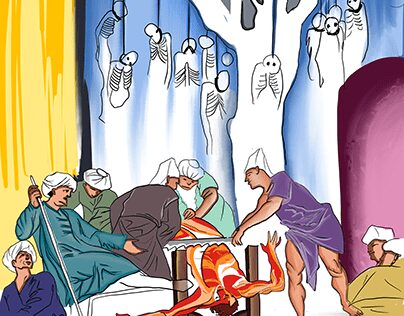20th December marks the celebration of International Human Solidarity Day promoted by the World Solidarity Fund and United Nations Development Programme, focused on achieving goals set for worldwide poverty eradication.

This day was introduced on 20th December by the General Assembly during the 2005 World Summit and was formally established on December 22, 2005, recognizing solidarity as a universal and fundamental value. Therefore, resolution 60/209 was added considering solidarity as a cooperating factor in solving international problems of an economic, social, cultural, or humanitarian character.
The main goal is to recognize the universal value of solidarity by making member states aware of global objectives and initiatives to reduce poverty and formulate and share poverty reduction strategies of independent nations worldwide. It is a day to –
- celebrate our unity in diversity
- remind the system to respect their commitments to international agreements
- raise public awareness
- encourage debate on ways to promote solidarity for the achievement of Sustainable Development Goals including poverty eradication.
- take action to encourage new initiatives for the eradication of poverty
Solidarity towards Humanity
In the Millenium Declaration, solidarity is mentioned as one of the fundamental values of international relations. It is an awareness of common interests, generating a sense of unity in societies. Here the aim of the UN is to uplift the people out of poverty, hunger, and disease through cooperation and solidarity.
SDG1– End poverty in all its forms everywhere
By 2030, countries are trying to eradicate extreme poverty for all people everywhere, currently measured as people living on less than 100 Indian rupees. The target is to reduce at least by half the proportion of men, women, and children of all ages living in all its dimensions according to national definitions. To create bold and sound policy frameworks at the national, regional, and international levels, to support accelerated investment in poverty eradication actions.
SDG2– Zero Hunger
By 2030, countries are striving to create a world free from hunger. In 2020, between 72 crore and 81.1 crore persons worldwide were suffering from hunger, roughly 16.1 crores more than in 2019. The Covid-19 crisis has forced those rising rates even higher and has also worsened all forms of malnutrition, particularly in children. The share of countries burdened by high food prices, which has been relatively stable in 2016, rose sharply from 16% in 2019 to 47% in 2020.
SDG3– Good Health and Well-Being
Sustainable development goals aim to ensure healthy lives and promote the well-being and all ages. The covid-19 pandemic has infected more than 5 crore people around the world. The latest estimate shows that global “ excess deaths” directly and indirectly attributed to covid-19 could have been as high as 1.5 crores by the end of 2021. Interruptions in essential Health Services were reported in 92% of 129 countries surveyed at the end of 2021.
By the end of 2030, countries want to end epidemics of AIDS, tuberculosis, malaria, neglected tropical diseases, water-borne diseases, and others. The aim is also to strengthen the capacity of all the countries, in particular developing countries, for early warning risk reduction and management of national and Global Health risks.
Solidarity is a bond of unity or agreement between individuals united around a common goal or against a common enemy. The 17 sustainable development goals define the common interest of people around the globe hence it is essential for all of us to stand in solidarity and take solid, crucial steps toward achieving them.













